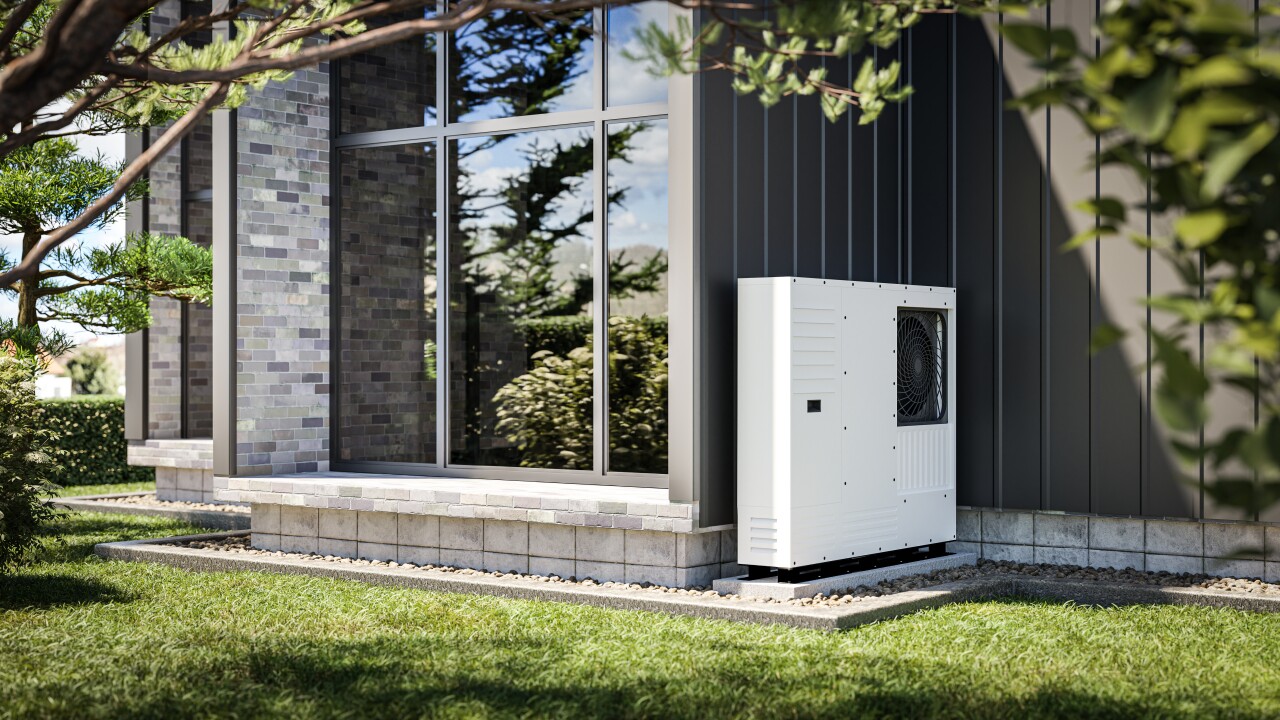The Department of Housing Urban Development has released a statement indicating it’s taking "very seriously” allegations by a group of attorneys general from 20 states that some mortgage companies failed to offer a recently added Federal Housing Administration modification option as required.
The statement addresses
Specifically, the AGs say that certain unnamed mortgage servicers have not complied with guidance around FHA’s COVID-19 Recovery Modification, which is aimed at providing payment savings of 25% to the borrowers with long-term reduction in their income after forbearance.
“Even after the required implementation date of Oct. 21, mortgage servicers of FHA-insured loans are routinely sending borrowers letters that fail to include the COVID-19 Recovery Modification as an available option are requiring paperwork and imposing qualifications that are not necessary under the FHA’s guidelines, and are instructing borrowers during customer-service phone calls that this option does not exist,” the AGs alleged.
In response, HUD said it is “committed to assisting homeowners struggling because of the pandemic to keep their homes if at all possible, and expects servicers of FHA-insured mortgages to take all necessary steps to work with borrowers, based on their individual situations, to identify the best FHA loss-mitigation home retention option available to them.”
Industry experts said servicers generally do their best to prepare for close scrutiny of their loss mitigation process by HUD.
“Every FHA servicer knows that their actions are going to be carefully reviewed by HUD in making a claim, so everyone has the same interest in offering the best option to consumers that they can, given the requirements in effect at the time,” said Jeffrey Naimon, a partner at law firm Buckley LLP, which represents financial services companies.
“HUD has been changing its requirements quite a bit,” he noted in an interview. “In some cases, HUD has acknowledged that it was operationally impossible to keep up. The servicing industry has been working hard and in good faith to comply with a constantly changing set of requirements.”
The states are likely becoming more focused on distressed loan workouts in part because they are in the midst of starting to distribute money from the federal
While the overall U.S. delinquency rate has generally been dropping, and has reached the point where it’s nearly in line with pre-pandemic levels, it’s still relatively high in some individual states, CoreLogic’s latest Loan Performance Insights report shows.
The top five are Louisiana, which has the highest rate at 8%, followed by Mississippi (6.5%), New York (5.7%), Oklahoma and Alabama. (The last two states both have roughly a 5% delinquency rate, with Alabama’s being slightly lower.)

Local hurricanes, an energy sector hurt by the drop in oil and fuel demand, or protracted shutdowns that affected the regional economy compounded strains from the pandemic in such states, leading to elevated rates, said CoreLogic Chief Economist Frank Nothaft in an interview.
States are also more broadly concerned about loan workouts because the level of long-term distress that can lead to the need for modifications remains elevated, he added.
“Delinquencies are lower but they’re not lower equally,” Nothaft said. “[The serious delinquency rate is] coming down but it’s close to a percentage point above where it was prior to the pandemic. There are a half of a million loans more than six-months past due than there were pre-pandemic.”





